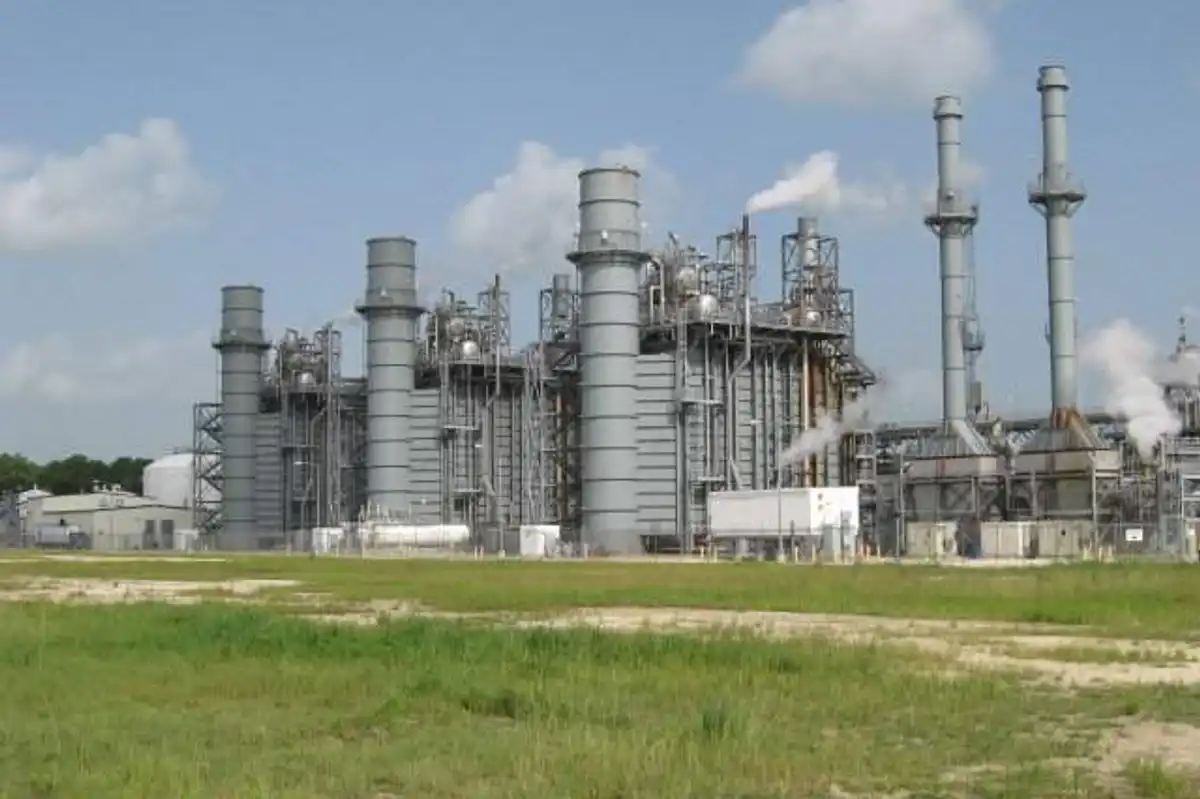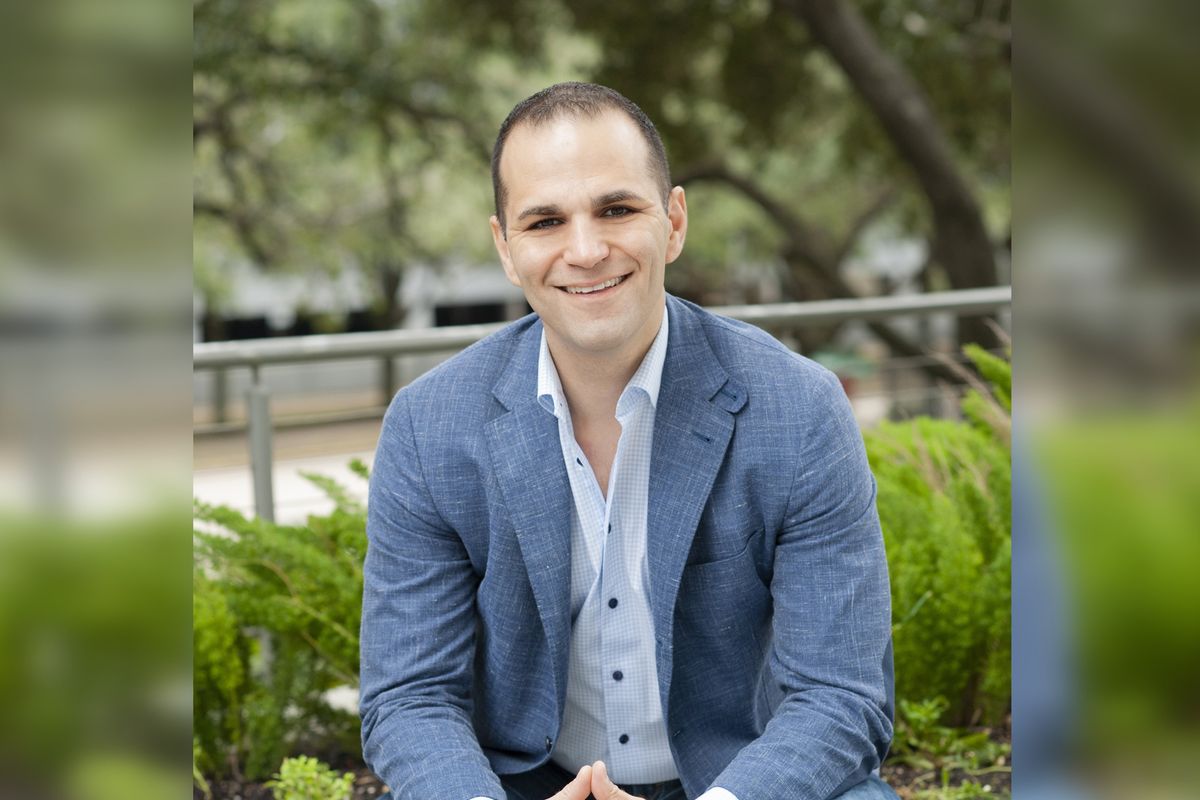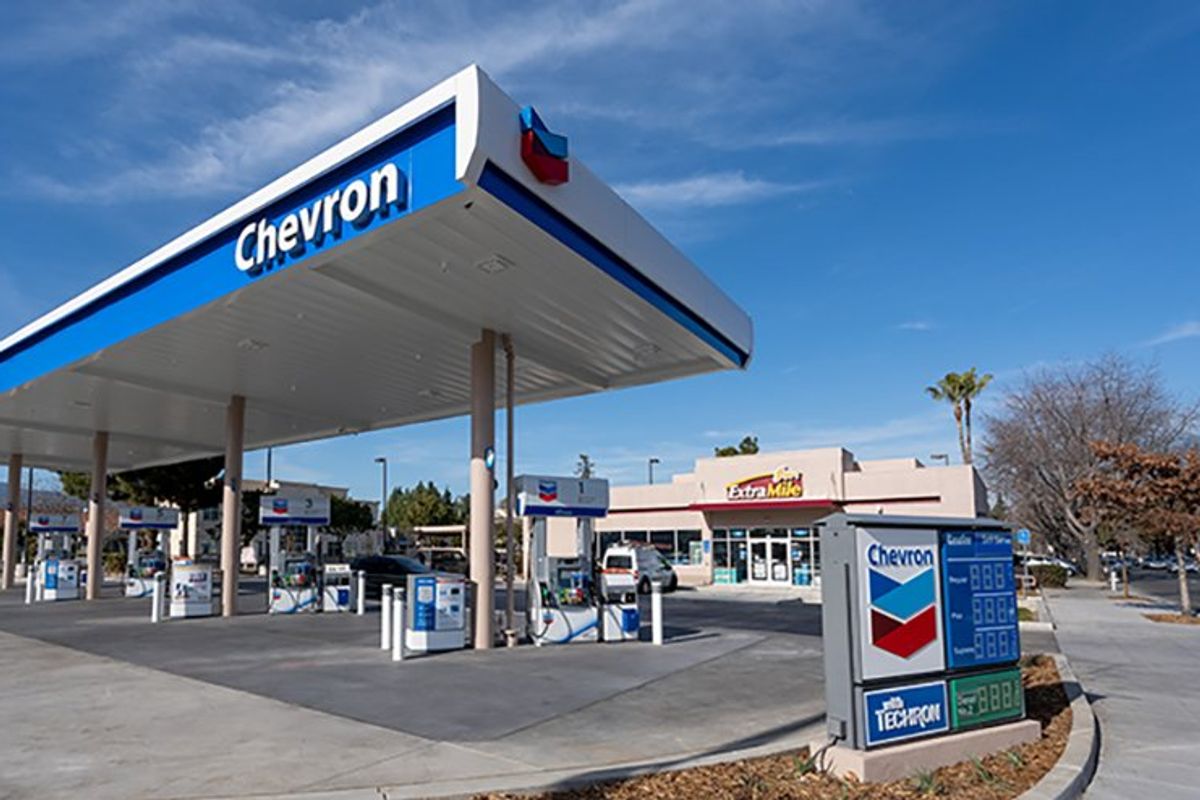6 startups complete inaugural diversity-focused clean energy accelerator in Houston
elevating energy tech
DivInc, a Texas-based accelerator focused on uplifting people of color and women founders, recently concluded their inaugural clean energy cohort, catapulting several early-stage companies to major milestones.
The 12-week intensive Clean Energy Tech accelerator program sponsored by Chevron and Microsoft instructed seven clean energy startup founders at the Ion, through a variety of workshops, mentor sessions, and deep dives with VC professionals. DivInc also gave each startup a non-dilutive $10,000 grant to use during the course of the program.
Cherise Luter, marketing director at DivInc, said the Austin-based development program decided to expand from its previous accelerators — Women in Tech and Sports Tech — into clean energy because it is a newer industry with ample potential.
“Clean energy is an emerging space where founders like ours, women and POC founders, can really get in on the ground floor in a great way so that they are building as well as benefiting from this new space,” Luter tells EnergyCapital.
Luter said corporate partners Chevron and Microsoft were similarly on board with prioritizing diversity in the clean energy sector and together they agreed Houston would be the best place to headquarter the accelerator for its expansive resources, particularly VCs.
“Houston, as the energy capital, the resources, connections, and network are here, and we have found that those are the things that are most important for our founders to be able to really take their companies to the next level,” Luter explains.
The participating startups’ focuses ranged from innovations in solar power to electric vehicle charging stations, but these corporations were all united in aiding the clean energy transition.
“It’s so interesting with this particular cohort, how they are really merging the human part of clean energy – how it’s contributing to a better life for people–with a better situation for our environment and our climate,” Luter says.
The inaugural cohort included one to two entrepreneurs from the following companies:
- BlackCurrant Inc., based in Chicago, is transforming the hydrogen industry by simplifying OTC transactions and offering a comprehensive platform for businesses to seamlessly obtain equipment, fuel, and services essential for hydrogen adoption.
- Owanga Solar, founded by two Emory University law students in Georgia, delivers sustainable and affordable solar energy solutions to households and businesses in the Democratic Republic of Congo.
- Maryland-based Pirl Technology Inc. is building next generation electric vehicle charging stations.
- Houston-based Quantum New Energy has a software platform, called EnerWisely, that helps those who own assets that reduce carbon emissions, like solar panels, generate high quality, verifiable carbon credits that don’t green wash.
- SOL roofs, founded by Austinite Daniel Duerto, is creating the next generation of solar roofs through innovating existing technologies.
- WIP International Services LLC, a Houston-based company, is addressing drinking water scarcity with its atmospheric water generators, which produce fresh drinking water from the humidity in the air.
Tracy Jackson, CEO of WIP International Services LLC, announced on the accelerator’s demo day her Houston-based company that produces atmospheric water generators, which transform humid air into clean drinking water, contracted with several schools in El Salvador for a pilot program to send 40 of their smaller models.
“We’re going to continue on our path and we’re looking forward to signing more international contracts and look forward to having any local opportunities that we can develop as well,” Jackson says.
Since the program ended, Luter shared WIP has also secured a “major international contract in Mexico.”
Luter also shared that accelerator participant Quantum New Energy, a climatech Houston-based company, has pre-launched expansion of EnerWisely, their software that tracks carbon credits, for commercial facilities.
Luter says DivInc plans to eventually host another cohort of their clean energy accelerator and they are continuing to accept applications from founders on a rolling basis.











